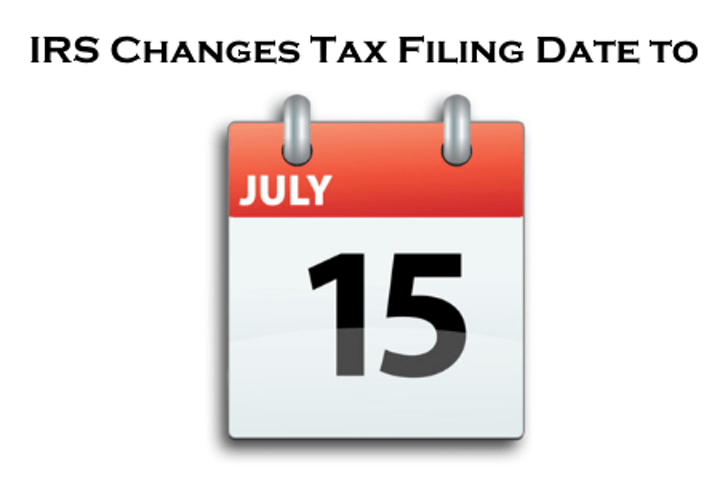
3.20.20 – Yahoo Finance –
The U.S. government is extending the tax-filing deadline to July 15, a move meant to give taxpayers extra time to deal with their taxes amid the coronavirus outbreak. Taxpayers now have an extra three months to both file and pay their taxes.
“All taxpayers and businesses will have this additional time to file and make payments without interest or penalties,” Treasury Secretary Steven Mnuchin said in a tweet Friday morning.
The announcement came three days after the IRS said that many Americans could defer paying any taxes owed until July 15 but would still have to file their tax returns by April 15.
The IRS has not yet issued formal guidelines on Friday’s change. Those guidelines could detail whether taxpayers will also get more time to make deductible contributions to IRAs or health savings accounts for 2019, for example, as well as whether people who owe other taxes such as gift tax or estate tax get more time. They also could address whether taxpayers can get extensions beyond the new July 15 deadline (and if so, for how long).
In the meantime, there are a few things taxpayers can do now.
1. If you’re getting a refund, go ahead and file
Even though taxpayers now have extra time, they should still be gathering paperwork and preparing to file their returns. Those who are expecting a refund probably should file as quickly as possible, as the IRS is continuing to process returns and issue checks.
“I encourage all taxpayers who may have tax refunds to file now to get your money,” Mnuchin said in another tweet on Friday.
If you are expecting a refund, you’re likely to get it faster if you file your return electronically and opt for direct deposit.
2. If you expect to owe taxes, don’t put it all off
For taxpayers who expect to owe, the extra time may provide some critical breathing room cash-wise, especially if they’re currently out of work, says Kathleen Kaminski, a certified public accountant and senior manager at Grossman St. Amour, an accounting firm in Syracuse, New York.
But that shouldn’t be an invitation to put off all things taxes altogether.
“Better to continue to gather tax information … while [it is] more fresh on their mind,” she says. “The longer one waits, the harder it is to get back into it.”
3. Check when your state return is due, too
Depending on where you live, you might still have to pay taxes owed to your state by April 15, or on some other date now. For example, last week California pushed some deadlines to June 15 and has since moved it to July 15. The American Institute of Certified Public Accountants is keeping a list of the deadline changes by state.
“A few states have already provided some guidance, like California, but it might be a while before we have a consensus, or for that matter, consistency,” says Gary DuBoff, a certified public accountant at MBAF, an accounting firm in New York.
4. Be patient with your tax preparer
Tax preparers are dealing with the same stresses many Americans are facing in light of the coronavirus. Many are working from home, and now they’re also figuring out how these last-minute changes affect their clients and the mechanics of tax filing.
“Just be cognizant of using secure methods of providing personal documents to your tax pros. Most should have secure methods of receiving documents,” says Matt Keefer, a certified public accountant and director of tax services at accounting firm Gorfine Schiller Gardyn in Owings Mills, Maryland.
More From NerdWallet
- Tax Traps That Side Hustlers Should Avoid
- Squash These 4 Common Tax-Season Stresses
- 3 Signs That Itemizing Your Taxes May Be Worth the Headache
Tina Orem is a writer at NerdWallet. Email: torem@nerdwallet.com.
The article The IRS’ New Tax-Filing Deadline Is July 15. Here’s What to Know Now originally appeared on NerdWallet.
